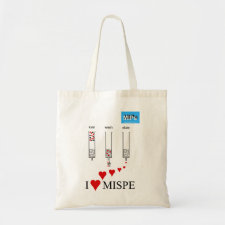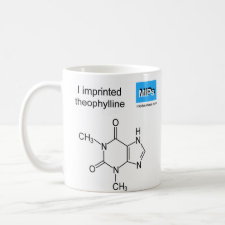
Authors: Lee KS, Kim DS, Kim BS
Article Title: Biodegradable molecularly imprinted polymers based on poly(epsilon-caprolactone).
Publication date: 2007
Journal: Biotechnology and Bioprocess Engineering
Volume: 12
Issue: (2)
Page numbers: 152-156.
Alternative URL: http://www.bbe.or.kr/home/journal/include/downloadPdf.asp?articleuid={F8F593B0-B875-476B-903E-1377F99B9762}
Abstract: Novel biodegradable molecularly imprinted polymers (MIPs) based on poly(E-caprolactone) (PCL) were prepared by combining two important properties required of ideal biomaterials, biodegradability (with biocompatibility) and molecular recognition properties. Acrylate or methacrylate end-capped PCL macromers were synthesized through the reaction of PCL diol or triol with acryloyl or methacryloyl chloride. The synthesis of acrylate or methacrylate end-capped macromers was confirmed using IFT-IR and 1H NMR spectroscopic techniques. These macromers were used to prepare biodegradable crosslinked networks by photopolymerization with functional monomer (acrylic acid) and a model template (theophylline). The theophylline-imprinted polymer showed higher binding capacity for theophylline compared with non-imprinted polymer (NIP), and also showed selectivity for theophylline over caffeine (similar structure molecules). PCL-based MIP degraded 8% of the initial weight in 30 days in phosphate-buffered saline (PBS) solution (pH 7.4) and over 90% of the initial weight within 24 h in 1 N NaOH at 37¦C. ® KSBB
Template and target information: theophylline
Author keywords: biodegradable, molecularly imprinted polymer, poly(epsilon-caprolactone)



Join the Society for Molecular Imprinting

New items RSS feed
Sign-up for e-mail updates:
Choose between receiving an occasional newsletter or more frequent e-mail alerts.
Click here to go to the sign-up page.
Is your name elemental or peptidic? Enter your name and find out by clicking either of the buttons below!
Other products you may like:
 MIPdatabase
MIPdatabase









